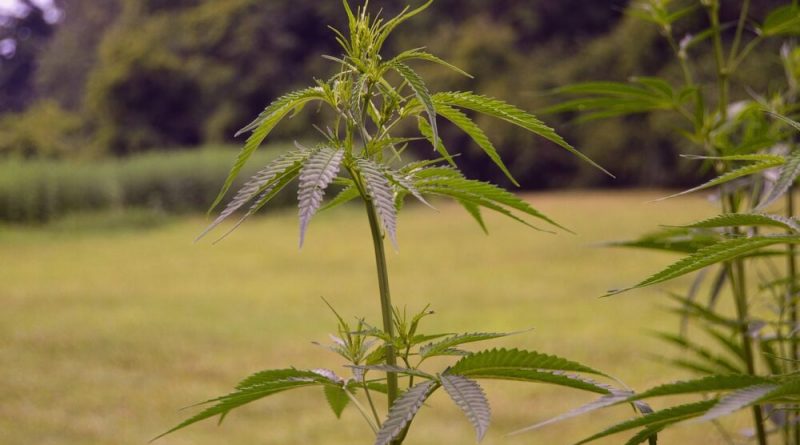Hemp Retailers In Tennessee Make Last-Minute Effort To Block State Rules Banning Many Cannabinoid Products
From toxifillers.com with love
“A large share of Tennessee’s hemp-derived cannabinoid market will be rendered illegal overnight, shuttering many businesses and forcing downsizing and layoffs at others.”
By Anita Wadhwani, Tennessee Lookout
Tennessee’s hemp industry is making a last-ditch legal effort to halt sweeping new rules that would ban the sale of popular hemp products legally available in the state since 2019.
Attorneys representing Tennessee hemp retailers and producer associations are expected in a Nashville court Monday just ahead of new state product testing rules scheduled to take effect December 26.
The rules would bar the manufacture, distribution and sale of many of the best-selling hemp products that have helped drive a nascent state industry to generate $280 million to $560 million in sales annually, based on survey data cited in legal documents.
The hemp products haven’t been outlawed by the Tennessee legislature or the federal government.
Rather, new legislation designed to impose first-time regulations on Tennessee’s five-year-old hemp industry—such as license requirements, taxes and age restrictions—have been interpreted by the Tennessee Department of Agriculture in a way that would render certain hemp products illegal.
The rules require products to be tested for the first time for so-called THCA content, a naturally occurring and still-legal substance found in all hemp plants. When hemp flowers are heated or smoked, the substance converts to THC—an illegal substance in Tennessee when it is present in greater than trace amounts.
The Tennessee Growers Association and the Tennessee Healthy Alternatives Association are seeking a temporary injunction they say is necessary to prevent widespread devastation to the burgeoning industry.
Should the new rules go into effect, “a large share of Tennessee’s hemp-derived cannabinoid market will be rendered illegal overnight, shuttering many businesses and forcing downsizing and layoffs at others,” legal filings by the Tennessee Healthy Alternatives Association read.
Hemp is a cannabis plant that has been legally available in Tennessee since the Legislature first approved its production, possession and sale in 2019.
It’s distinguished from marijuana by its concentration of a compound known as delta-9 THC. Cannabis with a concentration of less than 0.3 percent delta-9 THC is defined as legal hemp in Tennessee—and federally. Cannabis with concentrations greater than 0.3 percent is classified as marijuana and is illegal to grow, sell or possess in Tennessee.
Hemp flowers also contain THCA, a nonintoxicating acid that has not been outlawed in Tennessee. When heated or smoked, however, the THCA in the plant converts into delta-9 THC.
The state product testing rules unveiled by Tennessee’s agriculture department earlier this year will now make THCA products illegal based on their combined concentration of delta-9 THC and THCA, rather than solely their delta-9 THC concentration.
A spokesperson for the Department of Agriculture, which rejected hemp industry administrative appeals of the rules, declined to comment Tuesday on pending legislation.
Both industry groups argue the state’s agriculture department exceeded its authority in formulating the rules, essentially outlawing a product the legislature has determined to be legal.
“Here, it blinks reality to conclude that the General Assembly—in the very statute that expressly defines (THCA) as a legal hemp-derived cannabinoid without any concentration limits—delegated to the Department a clandestine power to outlaw (THCA) products that have been legally sold in Tennessee for years,” legal filings said.
The Tennessee Growers Association has also put forth a separate legal argument that the 2023 law intended to regulate “hemp-derived products” does apply to the unadulterated hemp plant itself.
“Hem and raw flowers are not HDC’s [hemp derivative products],” the Tennessee Growers Coalition argued. “After all, hemp cannot be ‘derived’ from itself.”
The groups are seeking an immediate preliminary injunction in Davidson County Chancery Court to prevent the rules from taking effect.
This story was first published by Tennessee Lookout.


